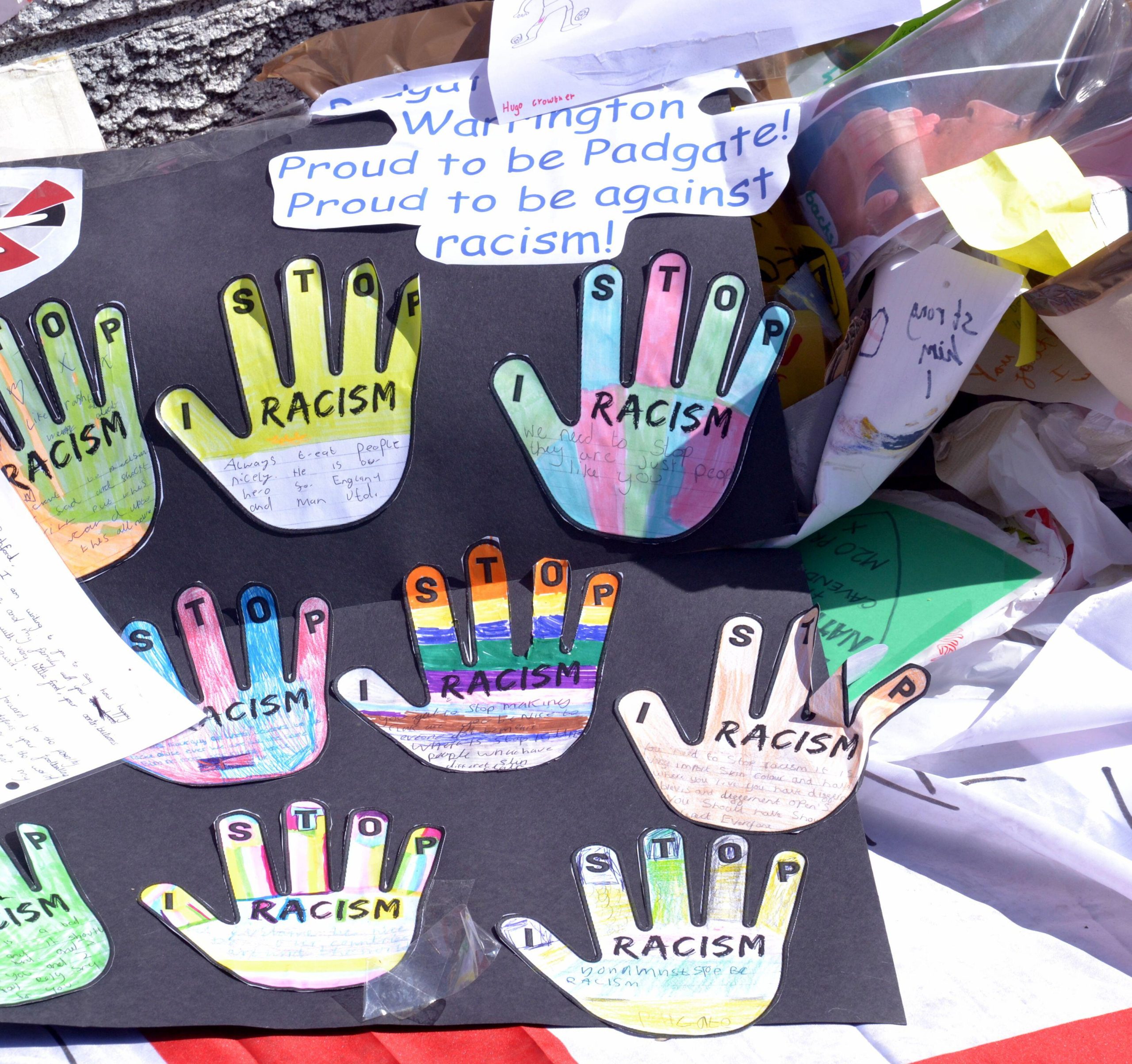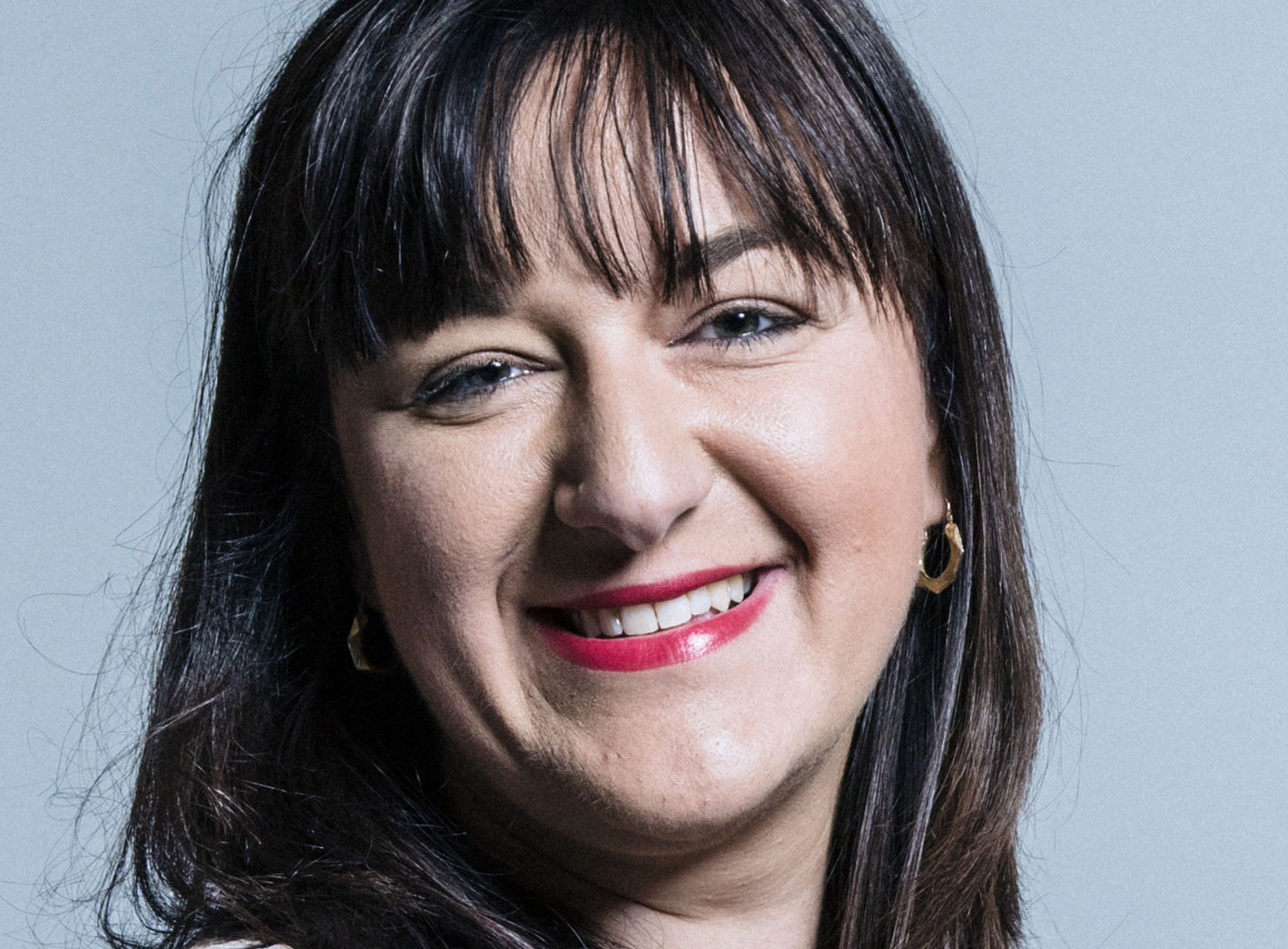Last weekend I made an error. I posted a photo on my personal social media account of some political campaigning I’d done. As a former MP, it would have surprised no one. It was the very essence of unremarkable. Yet the response this picture of six smiling friends generated was extraordinary, both in its ferocity and deeply hateful nature.
I’m not going to use the privilege that my role gives me to list the attacks in any detail. Index is not my personal hobby horse; we aren’t party political, and work with stakeholders across the world who share our commitment to the liberal value of free expression, regardless of their personal politics. This of course means that people have the absolute right to express themselves as they see fit – including their views about me.
But here’s the rub. Because just as someone has the right to say something, or more often than not type something, doesn’t mean that the target of their comments is obliged to hear it – or read it. People have the right to speak; what they do not have is the right to be heard by the target of their ire.So when people exercise their right to criticise those in the public eye, it’s important for all those involved in the conversation to understand that when a line is crossed and abuse becomes threats, laws are being broken. And this has consequences.
The furore my innocuous tweet generated was a timely reminder of quite how horrible online discourse can become, and quite how quickly. A pile-on sees “banter” morph seamlessly into abuse, from which seep the inevitable threats. It is a pattern as old as social media itself, and is all the more common for women in the public eye, especially those who come from a minority community.
Rarely a week goes by when I am not tempted to shut all my accounts down, turn off my access and with it, mute the hate. But I am then reminded of the good that can come from social media – knowing that your friends and family are safe in the midst of a crisis, being able to reach out to former friends and colleagues, and of course being able to seek help when you need it. For Index, it is also an invaluable tool in not only shining a light on the actions of repressive regimes, but of amplifying the stories of dissidents with stories that demand to be heard. it is also a literal lifeline when communicating with correspondents and sources when no other platform is available.
All of which makes moves by governments in the UK and further afield to regulate our online space a minefield unlike any other. The British government is currently legislating to make our online world “safer”. The Canadians and Australians are doing the same, as is the European Union.
My overriding concern is that we are witnessing governments trying to legislate for cultural change. And this is a recipe for failure before any law makes it onto the statute books.
Trying to limit debate and sanitise our online lives through regulation simply masks the tensions, divisions and prejudices that exist in our societies rather than tackling the underlying causes. This is not a counsel of despair, nor a position that says regulation shouldn’t exist. Of course more can be done to make us all safer online, but we need to find the right balance in order to protect ourselves and those that we care about. We need to learn how to use the platforms properly, harnessing the indisputable good of social media while limiting our exposure to the bad. We also need to decide as citizens how we want to manage this space and – perhaps most crucially of all – who should do it. If we decide collectively that our online conversation needs more regulation than a visit to the pub (hint– it shouldn’t), then I for one would like our democratically elected politicians to determine where those lines are drawn, not an algorithm written by a Tech giant or an anonymous regulator.
Which brings me back to the weekend. My mistake wasn’t campaigning, or even tweeting about it, but rather not using the tools available to me to manage my social media and how I wanted to use it. I failed to protect myself. In an ideal world I shouldn’t have to – but my reality online is far from ideal, so going forward I will be limiting how I use social media (again) and how I engage with people. The reality is this doesn’t limit anyone else’s free expression, only my own. Which is my choice.
I run one of the oldest free expression organisations in the UK. We are 50 years old next month. I spend my professional life campaigning to make sure that the persecuted are heard – that people are not silenced for expressing themselves, protecting people’s right to have an opinion regardless of whether it is popular or not. I won’t spend my time defending the indefensible – the bullies, the racists, the misogynists, and the trolls. They have a right to speak but I have the right to ignore them, which is what they deserve.






